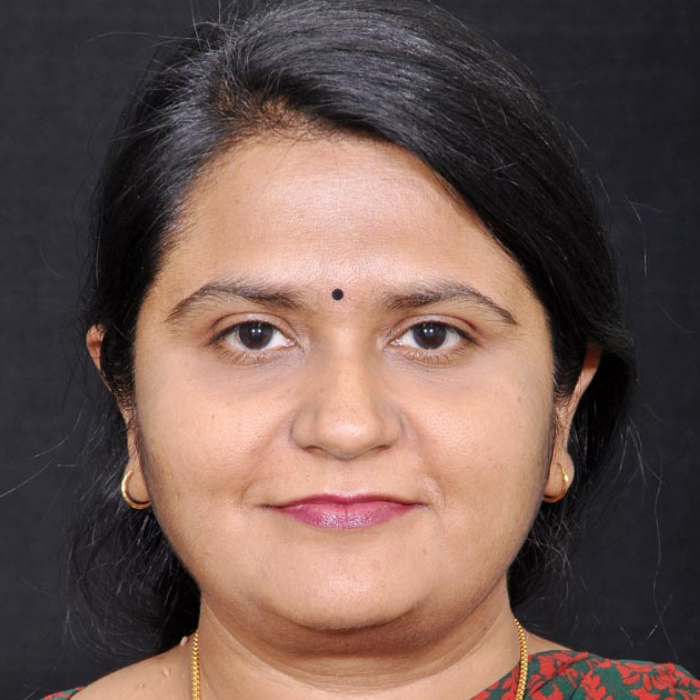
Swati V. Chande
Work place: International School of Informatics and Management, Jaipur, India
E-mail: swativ.chande@iisuniv.ac.in
Website: https://scholar.google.co.in/citations?user=v9yCJuEAAAAJ&hl=en
Research Interests: Computational Intelligence, Cloud Computing, Information Retrieval, Database Management System, Genetic Algorithms
Biography
Dr. Swati Chande has over 22 years of experience in teaching, industry, and research. She also has extensive corporate and technical training experience. She completed her M.S. in Software Systems from Birla Institute of Technology and Science, Pilani, Doctorate from Banasthali University, and also has a M.Sc. in Mathematics. Her research interests include database management, genetic algorithms, computational thinking, and software engineering.
Author Articles
An Investigation on the Characteristics of Mobile Applications: A Survey Study
By Harleen K. Flora Xiaofeng Wang Swati V. Chande
DOI: https://doi.org/10.5815/ijitcs.2014.11.03, Pub. Date: 8 Oct. 2014
Swift advances in mobile communication technology have spawned almost unlimited new mobile applications. Mobile application development is an extremely well growing industry across the globe that created new opportunities of modern businesses and pioneered new technologies in the area. In order to build high quality mobile applications, it is imperative to understand the key characteristics that define mobile applications, which if wisely considered and implemented, can facilitate the delivery of truly exceptional, valuable and user friendly mobile apps that satisfy users’ needs. Only few scientific publications can be found which specifically identify the key characteristics and what makes mobile applications different from traditional software. For this purpose, we conducted an online survey from the mobile research and development community. The survey questions covered the entire mobile application development lifecycle starting from inception to the maintenance stage. This paper presents the survey results by classifying the key characteristics that differentiate mobile applications from traditional ones into three categories: Hardware, Software (application interaction, application development, and application security) and Communication. The study contributes towards a greater understanding of mobile software and the current trends in the mobile application development. It also highlights various features and attributes that assist in developing high quality mobile software applications.
[...] Read more.An Investigation into Mobile Application Development Processes: Challenges and Best Practices
By Harleen K. Flora Xiaofeng Wang Swati V. Chande
DOI: https://doi.org/10.5815/ijmecs.2014.06.01, Pub. Date: 8 Jun. 2014
The mobile device market has witnessed swift industrial growth over the last decade. The quick expansion of this new computing platform has almost outpaced the software engineering processes customized to mobile application development. However, there is still lack of novel research initiatives around the mobile application development process. There remains a deficiency in development standards and best practices which expose the mobile device to potential attacks. This deficiency needs to be addressed promptly and requires further work.
The objective of this research is to better understand the current methodologies adapted and to investigate challenges faced during the mobile application development processes that are different from traditional enterprise application. For this purpose, an online survey was conducted from the mobile research and development community. The survey questions covered the entire mobile application development lifecycle starting with requirements, and ending with bringing to life a complete mobile application.
The study contributes towards a greater understanding of mobile application development process, examines real challenges confronted, and investigates the best practices that can be successfully implemented to enhance, evaluate, and improve the performance of the mobile application development process. These findings can also be considered as a possible research topic that indicates the breadth of research requirements and prospects in mobile computing.
Other Articles
Subscribe to receive issue release notifications and newsletters from MECS Press journals